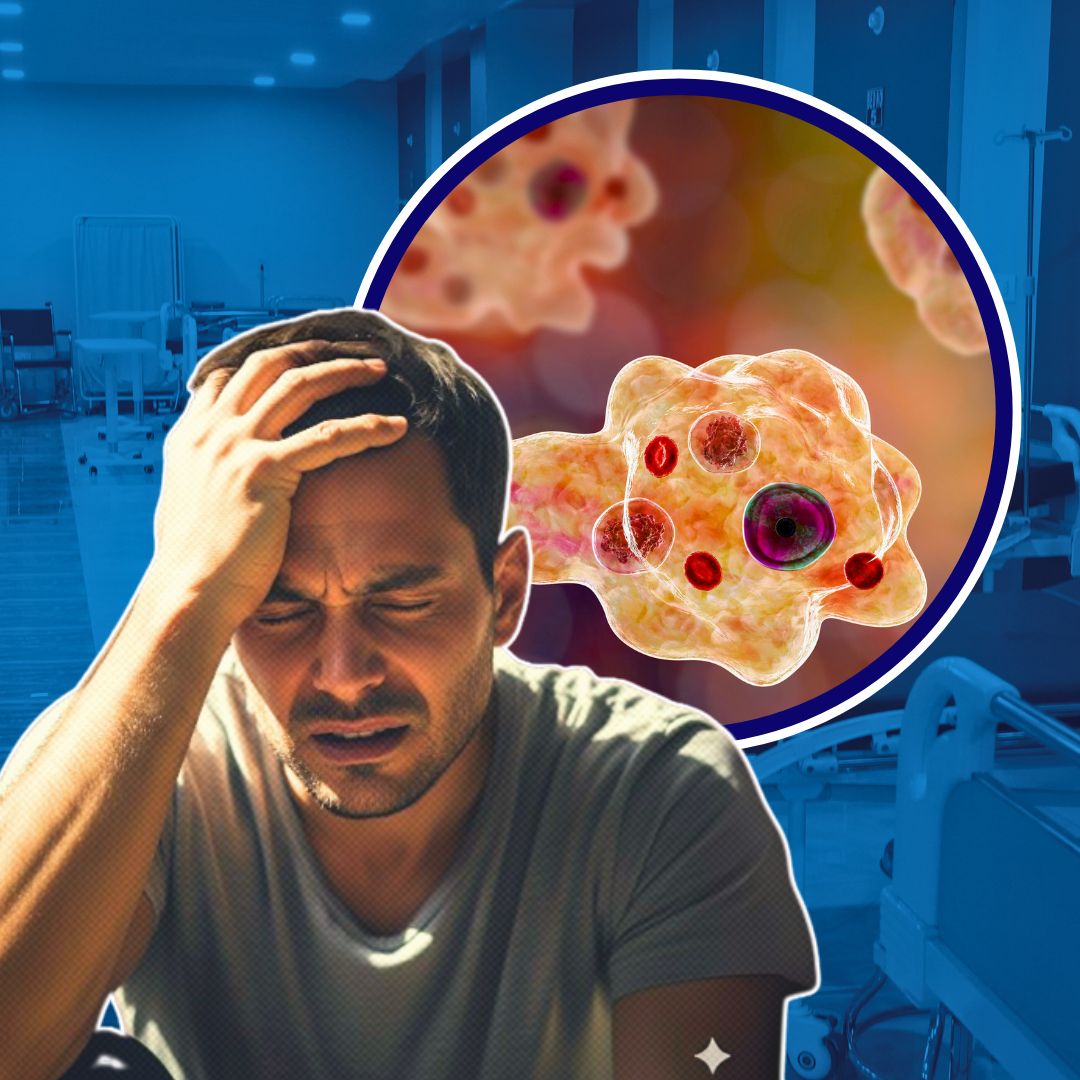Kerala faces an acute health crisis as amoebic meningoencephalitis, a deadly brain infection that has claimed three lives and affected 42 individuals this year, surpassing previous records. Infants, children, and the elderly are most vulnerable, with eight others currently hospitalised and under intensive care.
Health authorities have scaled up water safety campaigns, rapid diagnosis, and public advisories to combat further spread.
Grim Toll and Patient Stories
The most recent casualties include a three-month-old infant from Omassery and a 52-year-old woman from Malappuram, both of whom succumbed while in intensive care at Kozhikode Medical College Hospital. These cases highlight the disease’s stealthy onset-often beginning as mild fever, headache, or nausea before rapidly progressing to seizures, confusion, and coma.
The nine-year-old victim from Thamarassery is mourned by her community, with families in Kozhikode, Wayanad, and Malappuram grappling with heightened anxiety amid the state’s rainy season. Health officials confirmed that all recent victims had recent exposure to untreated pond or well water. “Early recognition and treatment are crucial since symptoms worsen very quickly,” said Dr Sajith Kumar, principal of Kozhikode Medical College Hospital.
Cause and Spread
Amoebic meningoencephalitis is caused by microscopic free-living amoebae primarily Naegleria fowleri, found in warm, stagnant fresh water, ponds, and poorly maintained wells. Once inside the nose, the amoeba travels to the brain, destroying tissue at alarming speed and leading to swelling and potentially fatal complications.
Kerala’s spike in cases has been attributed to rising temperatures, monsoon rains, and unsafe water practices like swimming, bathing, and even using contaminated water for nasal rinsing. Laboratory testing now happens locally in Thiruvananthapuram, shortening time to diagnosis and improving survival odds, although the global fatality rate remains above 95%.
Government and Community Response
Kerala’s Health Department has intensified chlorination and cleaning of water sources, launched the “Water is Life” campaign, and distributed guidance at schools and community centres. Routine inspections of wells, tanks, and public pools are underway, and authorities have banned swimming in untested water sources in the most affected districts.
Doctors and epidemiologists urge timely reporting of symptoms, greater caution with home-use water, and proper maintenance of domestic and school water systems. Public education is paramount—families are strongly advised to use boiled, sterile water for nasal rinsing and to avoid contact with untreated or stagnant water wherever possible.
Expert Advice and Scientific Perspective
Dr T S Anish, Kerala One Health Centre, warns that climate change is making dangerous microbes more common and advises that “any sudden fever, severe headache, nausea, or neurological symptoms after exposure to freshwater should prompt immediate medical attention”.
The Indian Council of Medical Research recommends aggressive drug therapy-including anti-parasitic agents like miltefosine-when clinical suspicion is high; however, even with aggressive care, promptness is decisive. Experts reiterate the importance of continued water safety education, routine environmental inspections, and improving access to health services, especially in rural communities.
The Logical Indian’s Perspective
The loss of lives in Kerala demands urgent empathy, solidarity, and responsible action. The Logical Indian stands with affected families and commends the dual vigilance of local communities and authorities in facing this invisible threat.
Only enduring collaboration, open communication, and science-led activism will foster truly safe public health environments.











